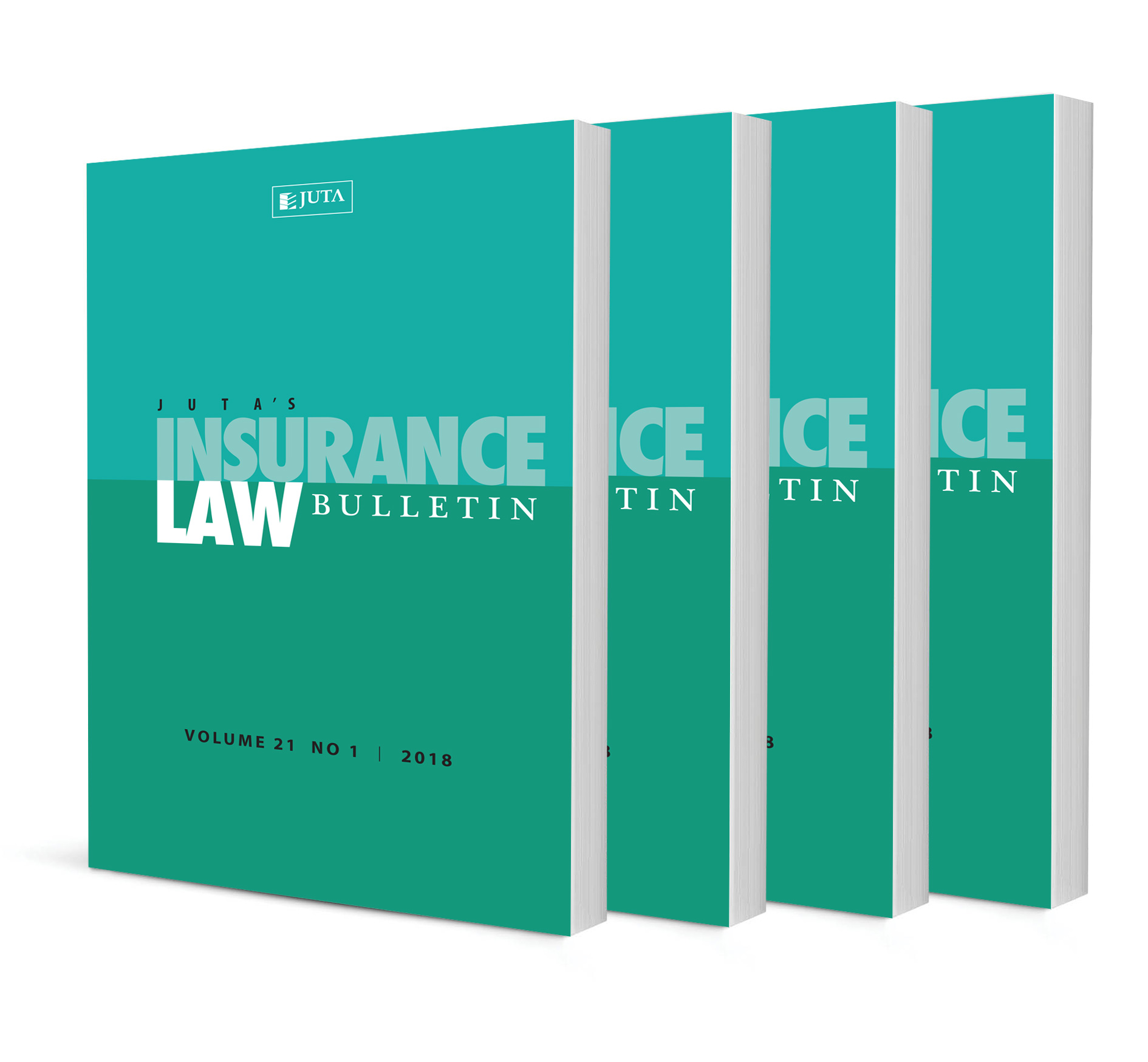Financial Services Tribunal Cases: Duiker v FSCA Case number A16/2021 (5 April 2022)

Financial Services Tribunal Cases: Duiker v FSCA
Case number A16/2021 (5 April 2022).
Author Daleen Millard
ISSN: 2517-9543
Affiliations: Dean: Faculty of Law, Thompson Rivers University
Source: Juta’s Insurance Law Bulletin, Volume 25 Issue 2, 2022, p. 8 – 9
Abstract
None